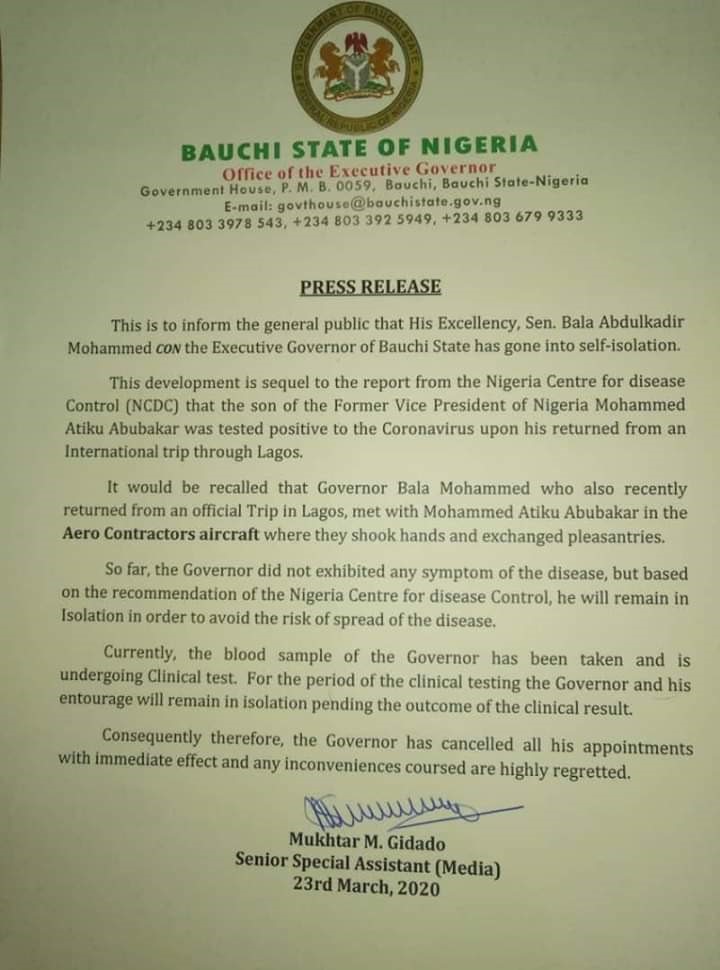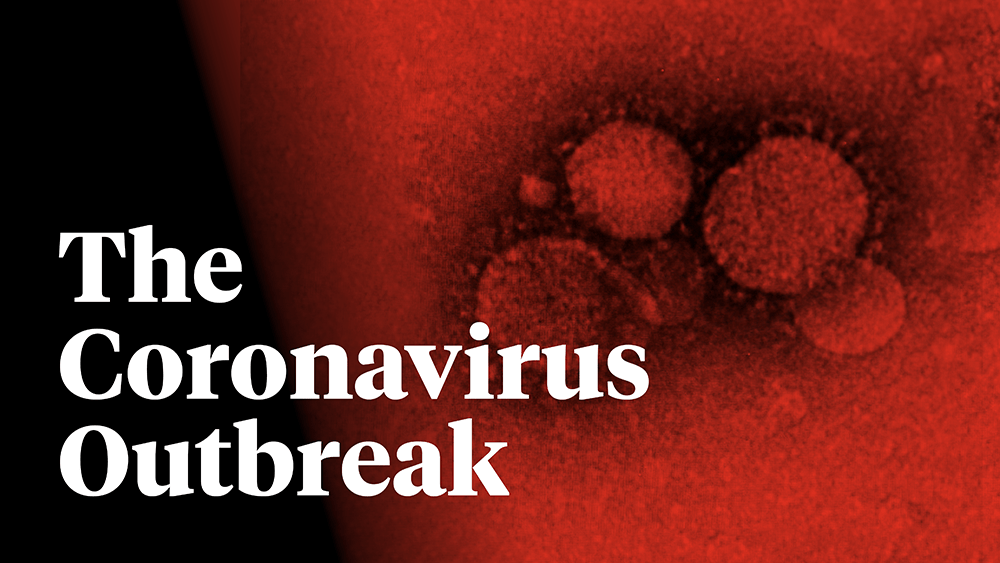
Malaria Vaccine
A Nigerian health agency, National Agency for Food and Drug Administration and Control (NAFDAC) announced it had granted provisional approval for R21 Malaria Vaccine, which it said is 75 per cent effective in preventing malaria in children aged five to 36 months.
R21 becomes the first malaria vaccine in the country. Ghana, neighbouring Nigeria approved her second malaria vaccine, last week
Nigerian news platform The Guardian reports that NAFDAC Director General, Prof. Mojisola Adeyeye, during an online press conference, said R21 is manufactured by Serum Institute of India Pvt. Ltd. (SIIPL), with Fidson Healthcare PLC as Marketing Authorisation Holder (MAH) in Nigeria.
One of the first countries to vaccinate against malaria through the pilot Malaria Vaccine Implementation Programme (MVIP), supported by the Vaccine Alliance (GAVI), Ghana had granted full national licensure for the R21/Matrix-M™ malaria vaccine, developed by the University of Oxford, United Kingdom (UK), and manufactured by the Serum Institute of India.
Gavi stated that the second vaccine came alongside the RTS,S vaccine, which was prequalified by the World Health Organisation (WHO) in 2022, following recommendations for its wider use in 2021.
Meanwhile, the NAFDAC boss said the R21 malaria vaccine is an adjuvanted protein vaccine presented as a sterile solution. “A dose, which is 0.5ml, is composed of R21 Malaria antigen 5µg and Matrix-M1 50µg as an adjuvant filled in a vial, as ready to use liquid formulation for intramuscular injection. The vaccine is indicated for prevention of clinical malaria in children from five months to 36 months of age. The storage temperature of the vaccine is 2-8 °C,” Adeyeye said.
She explained that a provisional approval of the R21 Malaria Vaccine was recommended and this would be done in line with WHO’s Malaria Vaccine Implementation Guideline.
While granting the approval, she said the Agency has also communicated the need for expansion of the clinical trial conducted to include a Phase Four clinical trial/Pharmacovigilance study to be carried out in Nigeria.
Adeyeye said a brief on approval of the R21 Malaria vaccine has been communicated to the Minister of Health and National Primary Health Care Development Agency (NPHCDA) for action toward immunisation in respective population.
The pharmacist said NAFDAC remains committed to ensuring that only products that are safe, of high quality, and efficacious are made available for Nigerians.
Data from the 2018 Nigeria Demographic and Health Survey (NDHS) show that malaria is transmitted throughout Nigeria, with 97 per cent of the population at risk of infection. Duration of the transmission season ranges from year-round (in the south) to three months or less in the north.
According to the 2021 World Malaria Report, Nigeria had the highest number of global malaria cases (27 per cent) and the highest number of deaths (32 per cent) in 2020.The country accounted for an estimated 55.2 per cent of malaria cases in West Africa in 2020.
On how and why the vaccine was granted only provisional approval, Adeyeye said: “NAFDAC received the dossier of the R21 malaria vaccine manufactured by the Serum Institute of India and was subjected to independent review at two levels. As a mature regulatory agency, it is expected, as part of global benchmarking, that external advisory committee is in place to advise upon invitation on certain functions of the Agency. As a new biological molecule that is being given consideration for full registration, the independent review by an external body becomes imperative as a means to further safeguard public health.
“The external advisory body – NAFDAC’s Vaccine Advisory Committee (NEVAC) is made up of four highly recognised, well-published experts from Nigeria’s tertiary institutions (Nnamdi Azikiwe University, Awka, Anambra State; University of Lagos, Lagos State, University of Ibadan, Oyo State and Usman Dan Fodio University, Sokoto, Sokoto State).
“The in-house NAFDAC’s Vaccine Review Committee is a multi-disciplinary group extracted from the following NAFDAC directorates – Drug Registration and Regulatory Affairs, Vaccines/Biologics/Medical Devices; Drug Evaluation and Research (for Clinical trial/Good Manufacturing Practices inputs; Pharmacovigilance; Post-Marketing Surveillance, Central Drug Control Laboratory, and Port Inspection.”
Adeyeye further explained: “Essentially, the dossier was reviewed by NEVAC independently, using standards of the WHO across relevant domains, in addition to the ICH guidelines, European Medicines Agency guidelines (where appropriate), scientific rigour on the vaccine and the context of malaria generally and specifically to Nigeria and best research and manufacturing governance.
“NEVAC members reviewed all sections independently using best review practices and met physically in plenary to assess and debate the reviews by sections, raised queries and made recommendations accordingly. Overall, the assessment was scored as: adequate (fully compliant with standards), and the report was submitted to the Director General.”
The NAFDAC boss said upon submission of the independent reviews of both committees, she called for a joint review session on Friday, April 14, which provided the opportunity for harmonising the assessments. She said the outcomes of the reviews were discussed, and the recommendations and queries/clarifications were consolidated for referral to the manufacturers.
“Overall, the R21 malaria vaccine dossier complied substantially with best international standards with which the dossier was benched-marked as mentioned above. The Joint Review Committee concluded that the data on the R21 malaria vaccine were robust and met criteria for efficacy, safety, and quality. It was also adjudged that the vaccine’s known and potential benefits outweigh its known and potential risks, thereby supporting the manufacturer’s recommended use.”




Recent Comments